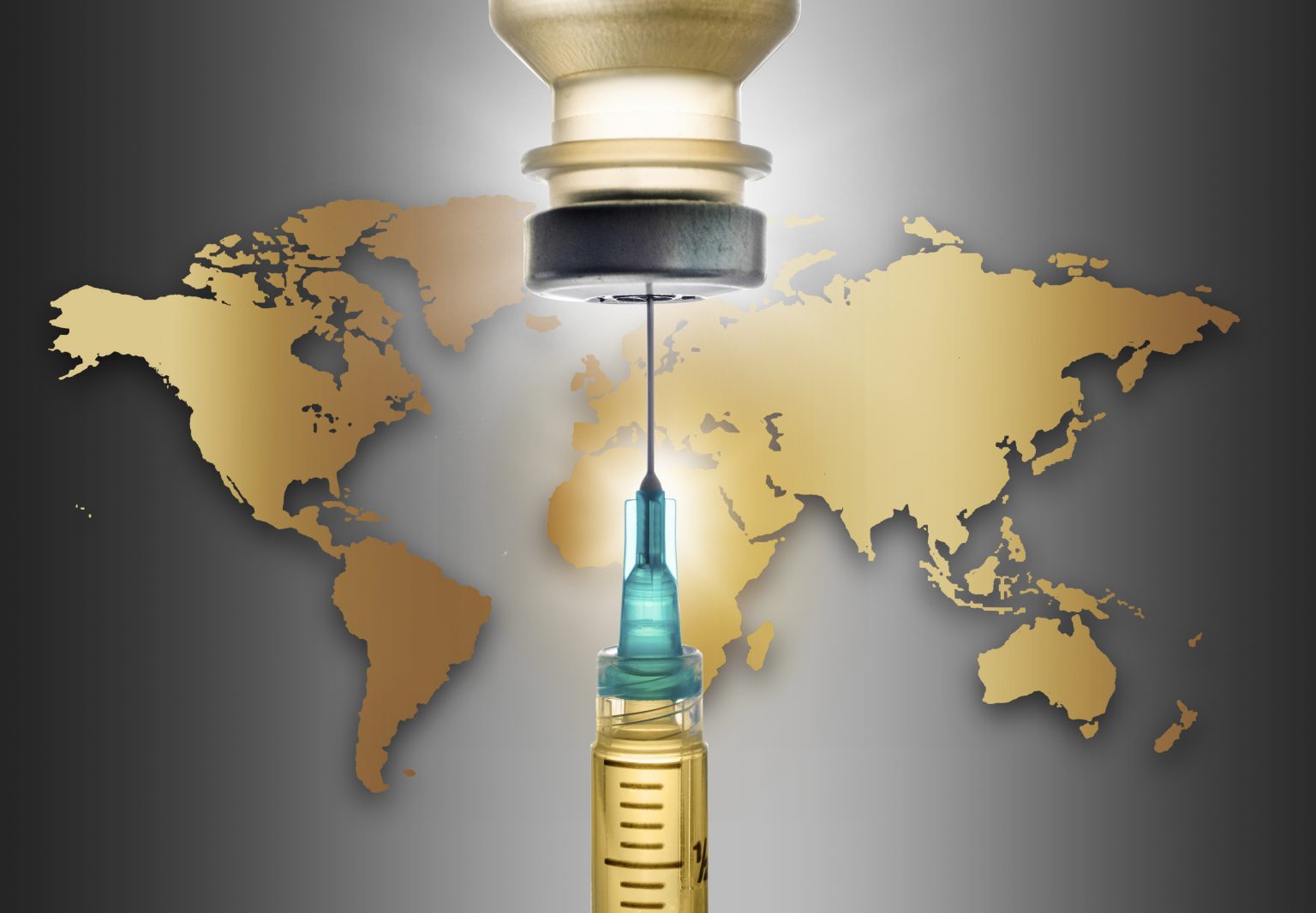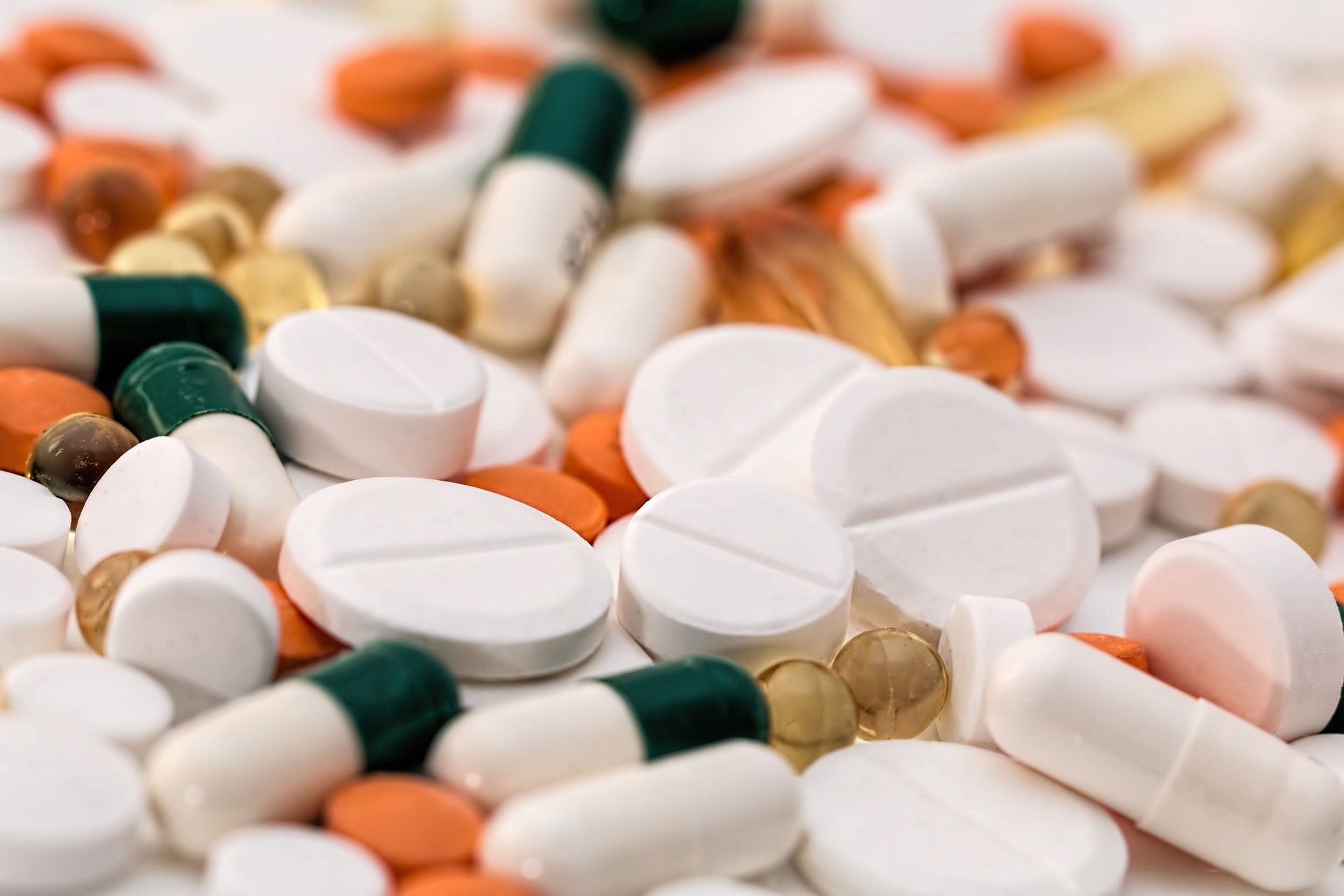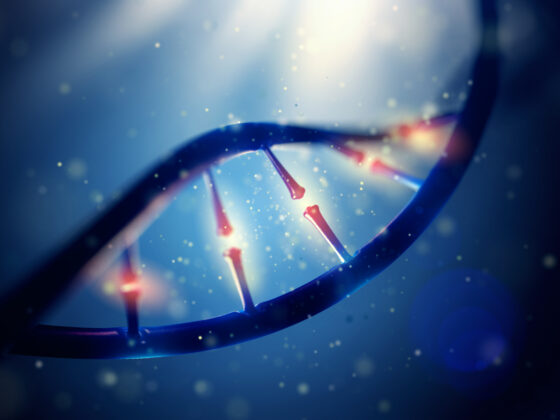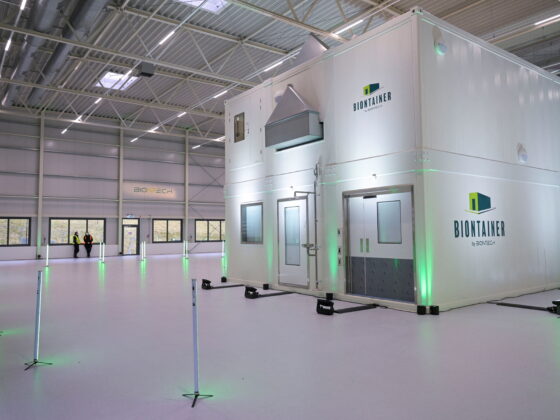The science around the safety profile of the corona virus COVID 19 vaccine is questionable to say the least. This is no longer a debate about being for or against vaccination.
This is a brand new genetic engineering experiment using a brand new technology never adopted before in vaccination.
When we take a step back and look in more depth at the old method of vaccination, one which used a weakened or dead virus to trick your immune system into recognising the virus at a later stage.
This new method of vaccination is far from what we have been using worldwide for decades and for a very important reason.
Even without bringing any other issue into the vaccine debate, a corona-virus vaccine is a highly dangerous undertaking due to a peculiar trojan horse mechanism, known as Antibody Dependent Enhancement (ADE).
Regardless of someone’s conviction about vaccines, this point needs to be acknowledged.
What does ADE entail? The exact mechanism of ADE in SARS is not known, but the leading theory is described as follows:
In certain viruses, the binding of a non-neutralising antibody to the virus can direct the virus to enter and infect your immune cells. This occurs through a receptor called FcγRII
In other words, the presence of the non-neutralising antibody now directs the virus to infect cells of your immune system, and these viruses are then able to replicate in these cells and wreak havoc on your immune response.
One end of the antibody grabs onto the virus, and the other end of the antibody grabs onto an immune cell.
Essentially, the non-neutralising antibody enables the virus to hitch a ride to infect immune cells This is called Antibody Dependent Enhancement (ADE), and is a common problem with Dengue Virus, Ebola Virus, HIV, RSV, and the family of corona-viruses.
In fact, this problem of ADE is a major reason why many previous vaccine trials for other corona-viruses failed. Major safety concerns were observed in animal models. If ADE occurs in an individual, their response to the virus can be worse than their response if they had never developed an antibody in the first place.
ADE has proven to be a serious challenge with corona-virus vaccines, and this is the primary reason many have failed in early in-vitro or animal trials former director of the CDC Frieden said.[1]
Two safety concerns were a potential Kawaski-like reaction and possible antibody dependent enhancement in which a vaccinated person who is later infected with covid-19 becomes sicker than they would have otherwise say with the natural infection.
Ironically, in this scenario, vaccines make the virus more pathogenic rather than less pathogenic. This is not something that vaccine producers would be able predict or test for with any level of real confidence at the outset, and it would only become evident at a later time.[2]
What this means is that you can be given a vaccine, which causes your immune system to produce an antibody to the vaccine, and then when your body is actually challenged with the real pathogen, the infection is much worse than if you had not been vaccinated.
We are already witnessing the consequence of these vaccines across the world. Although incredibly the UK has been very selective about its vaccine data, with the first lot only coming out in late January after the vaccine roll-out in early December.
Sieving through the twisted and misleading headlines it doesn’t take long to see most recent Sars COV 2 outbreaks at care homes are in the recently vaccinated and in some reports the care homes have managed to go the entire pandemic with little to no outbreaks. [3]














